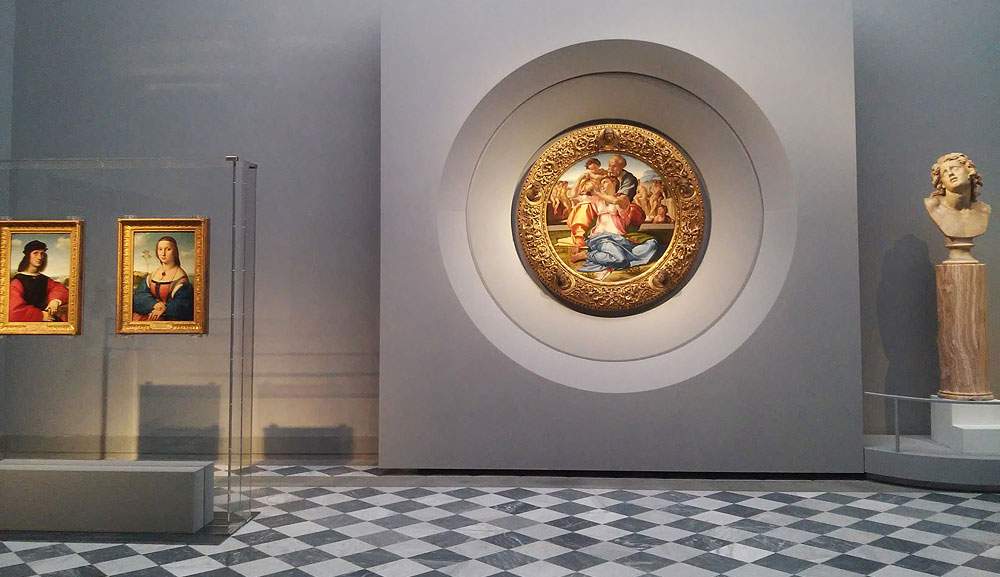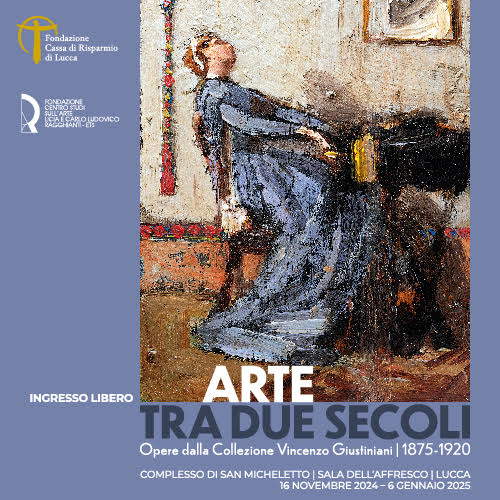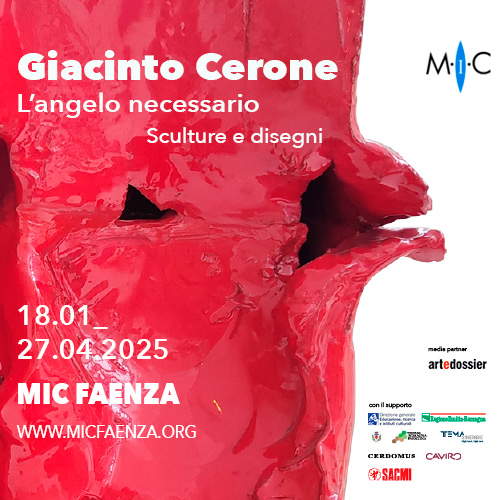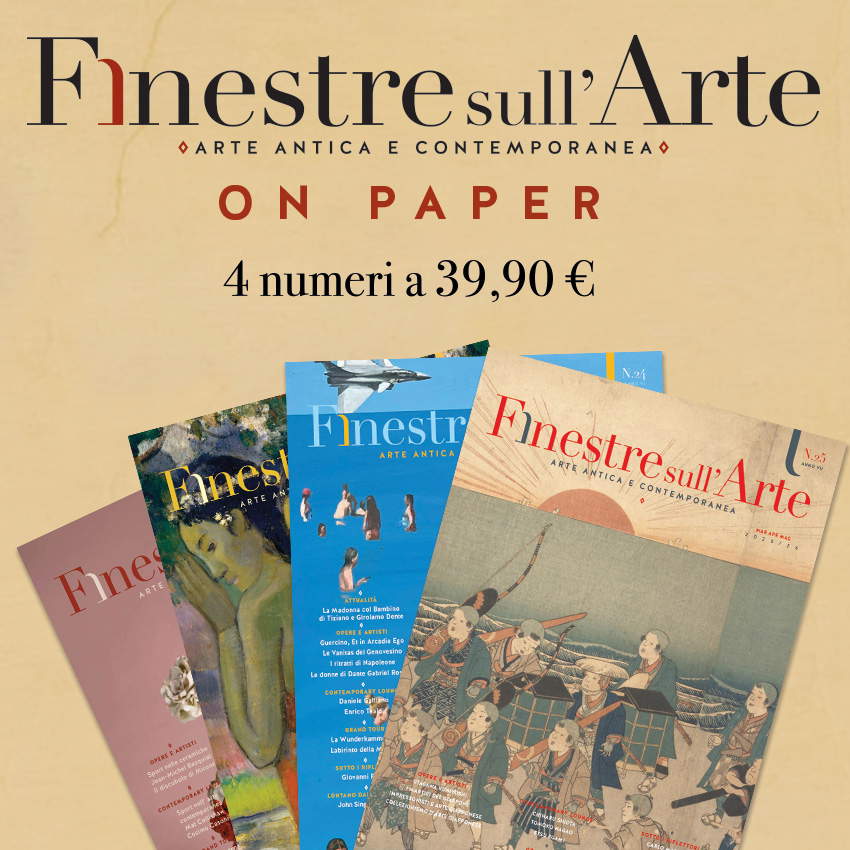The call for new directors of autonomous museums is out
The long-awaited call for new directors of autonomous museums is out . Ten museums will see renewed directors: four are those in the first tier, or institutions classified as general management level offices (Pinacoteca di Brera, Museo e Real Bosco di Capodimonte, Gallerie degli Uffizi and Galleria Nazionale d’Arte Moderna e Contemporanea), while six are classified as non-general management level offices (Gallerie Estensi, Museo Archeologico Nazionale di Taranto, Gallerie Nazionali di Arte Antica, Museo Archeologico Nazionale di Reggio Calabria, Galleria Nazionale dell’Umbria and Museo Nazionale d’Abruzzo). Applications are accepted until noon on July 14, 2023.
Applicants will be able to compete, as in past calls, for one or more of the institutes in the selection process. In the event that the application is for several institutes, it will be possible to draft a letter of motivation for each of them, indicating where deemed an order of preference. For outgoing directors who have already served two terms, or for those who have already held an executive position at an autonomous museum, and the executive position has been previously renewed (as provided in Article 22, paragraph 7, of Decree-Law No. 50 of April 24, 2017, converted, with amendments, by Law No. 96), one is allowed to apply only for a seat other than the one previously or currently held, in application of the principle of rotation of positions (as per Article 1, paragraph 5, and Article 2, paragraph 1, letter g, of the Ministerial Decree of November 14, 2014, on Discipline of criteria and procedures for the conferral of managerial positions and subsequent amendments adopted in implementation of Legislative Decree No. 165 of 2001). On the other hand, it is permitted to apply for one or more of the remaining institutes covered by the selection.
The curriculum vitae, dated and signed, must contain all information useful for assessing the candidate’s education, qualifications and professional activities. Applicants must attach to the application a declaration of the truthfulness and accuracy of all the data declared, a declaration on the non-existence of causes of incompatibility or incompatibility, and a declaration that they have not been convicted of any criminal offenses and that they have no pending criminal proceedings; if they have been convicted of any criminal offenses or have pending criminal proceedings, the details of the conviction or pending criminal proceedings must be specified, as indicated by the documentary results of the competent judicial offices.
Italian citizens or citizens of a member state of the European Union may participate, citizens who have not exceeded, as of the date of application, the age limit for permanence in service under Italian law, and who have, as a qualification, a specialized or master’s degree or equivalent qualification and, as professional experience, proven professional qualification in the protection and enhancement of cultural heritage and possession of documented experience in the management of cultural institutes and places. That is, candidates will have to demonstrate that they have held management positions in private companies or public administrations, in Italy or abroad, from which their strong managerial skills in cultural heritage matters can be inferred, and possess particular professional, cultural and scientific specialization in cultural heritage matters inferable from concrete work experience gained, for at least five years, including in public administrations, in Italy or abroad.
The candidates will be evaluated by a commission of experts, to be established by July 21, 2023, and which will be composed of five members (who will perform their duties free of charge, except for reimbursement of expenses actually incurred and documented), chosen from among ordinary university professors in legal subjects (one of whom will act as chairman), university professors in subjects pertaining to the cultural heritage sector, general managers or equivalent, including retired ones, of the Ministry of Culture or other public administrations, and experts in economics and business organization. For the purpose of ascertaining English proficiency, a language expert member shall be aggregated to the commission, limited to the stage for which integration is arranged.
How will the selection work? Applicants, who are admitted to the selection process based on the verification of the possession of the requirements set forth in the article, are examined and evaluated by the committee, which will screen the qualifications, resume, and experience. Specifically, professional experience in the field of cultural heritage protection, management, and enhancement; professional experience in directing and/or managing museums and other cultural institutions, including activities in collection preservation and enhancement, activity planning, management of human, financial, and instrumental resources; the complexity of the activities and/or facilities managed and results achieved; knowledge of the collections and/or collections of the institution applied for; experience in designing and implementing communication projects; experience in designing and implementing fundraising projects (fundraising); experience in participating on boards and/or scientific committees; experience in preparing and implementing agreements with public and private entities. Additional skills will also be assessed, namely: the effective knowledge and ability to use technology, particularly in the museum and cultural institution sphere; the ability to communicate with all interlocutors, internal and external to the institution; knowledge of the Italian language; knowledge of English; knowledge of the Italian cultural heritage, with particular regard to the institution or institutions for which the application has been submitted; knowledge of elements of Italian and European cultural heritage legislation; knowledge of the organization of the Ministry of Culture.
The commission, at the first convocation, will assign scoring weights among all the criteria, giving preponderant weight to the possession of particular and proven professional qualifications in the protection and enhancement of cultural heritage and documented experience in the management of cultural institutions and places. The committee, having examined the applications received, will select up to a maximum of 10 candidates for each institute according to the order of points obtained under paragraph 2 and will call them for an interview, which will take place in October 2023, at the headquarters of the Ministry of Culture, Via del Collegio Romano in Rome.
In addition to the skills declined by the call for applications, the interview will also focus on the design, analysis and discussion regarding the management of the institute or place of culture, the subject of the application, from a technical, economic and legal point of view, and on ascertaining proficiency in English. Citizens of a European Union state other than Italy must then demonstrate knowledge of the Italian language at a level of at least B2 demonstrated by certification from public language institutes, Italian or foreign, or, alternatively, by a written and oral assessment in Italian. Those who have worked in the last four years in an Italian public administration will be exempt from these tests.
Based on the outcome of the interviews, the commission shall form a trio of candidates for each institute, to be submitted to the minister (for first-tier institutes) and the Director General Museums (for second-tier institutes), respectively. For each candidate in the trio, the committee makes a summary judgment. The identification of the candidate to be awarded the directorship is made, based on the analysis conducted by the commission and the final judgment made by the commission, by the Minister for the first-tier institutes, and by the Director General Museums for the second-tier institutes.
Finally, how much will the new directors earn? The gross annual salary for first-rank directors is 149,126.79 euros, plus possible performance pay, dependent on the director’s annual evaluation and the amount of the available fund, up to a maximum amount of 40,000.00 euros. In contrast, the gross annual salary for second-rank directors is 83,369.02 euros, plus any result pay, dependent on the director’s annual evaluation and the amount of the available fund, for an amount up to a maximum of 20,000.00 euros.
 |
| The call for new directors of autonomous museums is out |
Warning: the translation into English of the original Italian article was created using automatic tools. We undertake to review all articles, but we do not guarantee the total absence of inaccuracies in the translation due to the program. You can find the original by clicking on the ITA button. If you find any mistake,please contact us.





























